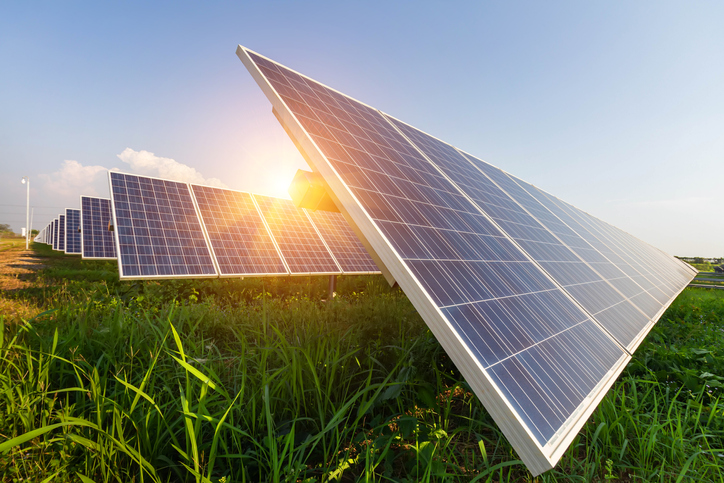Opponents of a proposed solar industrial park in rural Delaware are suing to stop the project.
Texas-based developer Freepoint Solar received a permit from the Kent County Levy Court to build a solar array with 230,000 panels and 22 inverters, covering about 260 acres of a 530-acre farm near Smyrna, Delaware. Freepoint plans to operate the facility for 25 years, the projected life of the solar panels, and then restore the land.
Opponents say the 100-megawatt solar facility would damage the environment, reduce property values, destroy the area’s rural character, and threaten historical artifacts on the property. Kent County officials bent the rules and the law in granting a permit for the facility, alleges the lawsuit filed by local resident Donald Goldsborough and Citizens Against Solar Pollution (CASP).
“The Levy Court’s approval of the Conditional Use Application via a defective process and in violation of substantive laws and principles adopted by the State, County, and Courts is fatal to its approval,” states the complaint.
‘Out of Character’
An industrial solar facility would be out of place in the rural area, says Goldsborough, who owns 342 acres nearby.
“If you’re in a downtown historic district, you can’t build a high-rise there because it’s out of character with the surroundings,” Goldsborough told the news website Delaware Live. “Well, this solar farm is way out of character with its surroundings.”
CASP was formed to protect agricultural land from solar development, maintain the rural character of Delaware, and preserve the cultural and historical significance of the state, states the group’s website.
“We are a coalition of diverse interests, the agricultural community, Native Americans, African-Americans, and outdoor enthusiasts, including hunters, birders, hikers, and lovers of the natural environment,” states CASP.
Resistance Is Not Futile
People in rural Delaware are not alone in objecting to large solar and wind facilities, says David T. Stevenson, director of the Center for Energy & Environmental Policy at the Caesar Rodney Institute in Delaware.
“The complaints in this case are typical of complaints from across the country over locating large wind and solar facilities in rural areas,” said Stevenson. “A surprising number of these fights are having success.”
For example, Mount Joy Township, Pennsylvania supervisors rejected Florida-based NextEra Energy Resources’ 1,000-acre solar project after 168 landowners objected to the facility in hearings and written comments. The project would have been the commonwealth’s largest solar installation.
Winning Strategy
During a three-month stretch in summer 2021, solar projects in Montana, Nevada, and Pennsylvania were rejected or restricted in response to local opposition, says Stevenson.
When a wind or solar project is on land or in waters controlled by the federal government, litigation is the only way to stop them, says Stevenson.
“Our multistate coalition opposing offshore wind—the American Coalition for Ocean Protection—is finding the only real defense is a lawsuit to overturn egregious violations of law by the federal government, in the case of offshore wind, in approving such projects,” said Stevenson.
Bonner R. Cohen, Ph.D. (bcohen@nationalcenter.org) is a senior fellow at the National Center for Public Policy Research.
